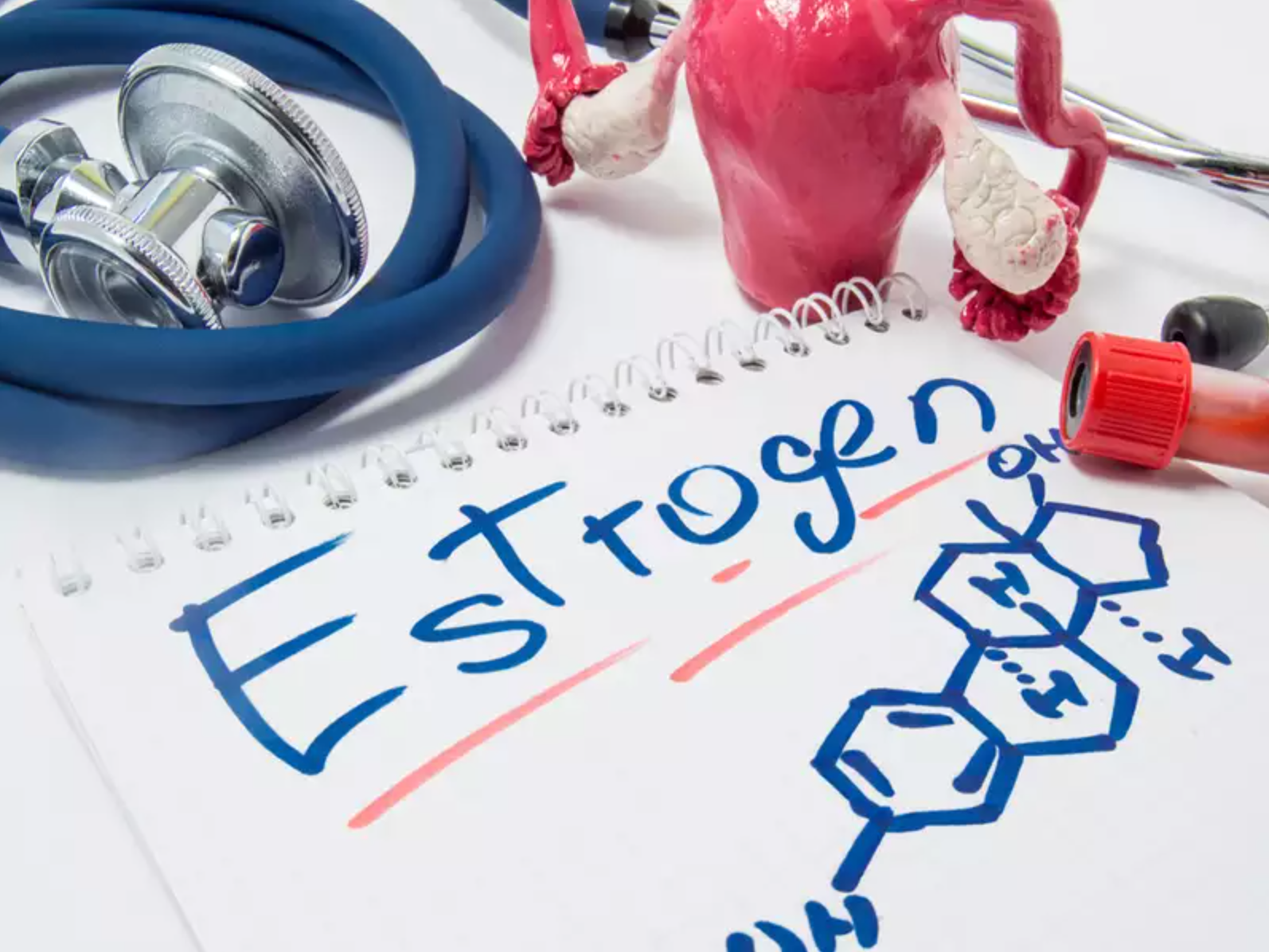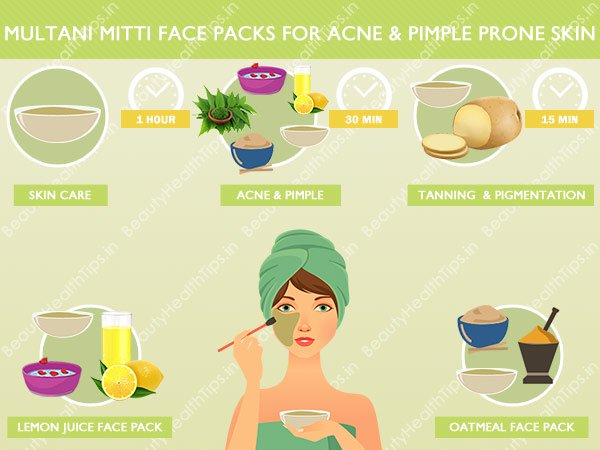Do you regularly have good acne-free skin, but a week or so before your period, you end up having that pesky little pimple? Well, that’s hormonal acne, and it affects 50% of women between the age of 20-29.
You thought you would be rid of acne once you passed your chaotic teenage years, but acne is still haunting you. How is this fair?
Well, this is due to the deep relationship between estrogen and acne. There are many reasons for hormone acne, so let’s look at them in detail below.
Which Hormones Are Involved in Causing Hormonal Acne on Chin?
Let’s remember that when you were a teenager your acne was mostly concentrated in the T-zone, that is, your forehead, nose, and chin. But adult hormonal acne is focused on the jawline and the bottom of the cheeks.
That’s how you know that you are the victim of hormone acne, rather than terrible at washing your wash properly or dirty pillowcases.
There are three main hormones involved in hormone acne. These are:
- Estrogen – any fluctuations in estrogen levels, both dips, and rises, will result in hormonal acne on the face
- Progesterone – this hormone is involved with preparing a body for conception and pregnancy
- Androgens (testosterone) – high levels of androgens result in increased sebum production in the skin which results in clogged pores and acne
As you can see, the hormonal cycle in women is extremely complicated involving a bunch of major players, each of which affects your moods, and physical body.
Does that mean that there is no hope for you if you have hormonal acne on the face? There are many natural and medical treatments for adult hormonal acne.
Medical Treatments for Hormone Acne
The most popular way to get rid of teenage and adult acne is through the use of hormone pills, like birth control pills and oral contraceptives.
Using hormone pills helps stabilize the drastic fluctuations of estrogen, progesterone, and testosterone in your body, which reduces the occurrence of acne.
Another way you could get rid of your hormone acne is through the use of oral antibiotics, like Doxycycline, which is the safest drug to treat acne.
It helps reduce hormone acne, through its antibacterial and anti-inflammatory capabilities. You should definitely consult with your dermatologist before taking any antibiotics for your hormone acne.
It’s not completely without side effects and can result in serious birth defects if you are looking to conceive or are pregnant already.
The final option you could look into is topical treatments and steroid injections. Both of these should be used as a last resort, if all other options fail, as they are more of a temporary solution.
Natural Treatments for Hormone Acne
If you are a big believer in alternative natural medicine, then there are some options for you here. Of course, anything that reduces inflammation in the body and has antibacterial properties would reduce hormone acne.
Some natural remedies to keep in mind are:
- Turmeric – you can take turmeric both as pills or as a face mask
- Tea tree oil – highly effective against acne due to its antibacterial properties
- Maca Powder – helps in balancing out women’s hormones over the long term, which helps reduce adult acne
- Licorice – reduced androgen in the body which reduces hormonal acne symptoms
As always, before taking on any new course of treatment, be it natural or not, ensure that you consult with a medical professional, your family doctor, or a dermatologist.
Eat a Hormone Balancing Diet To Reduce Hormone Acne
No matter what the old wives’ tales might say, some foods result in an increase in insulin in your body, which results in increased sebum production and thus, hormone acne.
If you wish to eliminate the ups and downs of your hormonal cycle and balance out your skin, gut, and health, eliminating certain foods from your diet is crucial. Or at least reducing them as much as possible.
Some of these are:
- Sugar
- Dairy products
- Red meat
- White bread and pasta (anything with a high glycemic index)
The best way to start eliminating these is to actually notice their effect on your body and hormonal cycle. You might eat one or more of these foods and notice that you get hormonal acne on the chin.
Build a Better Relationship Between You and Food
Spend a month or two observing the relationship between certain foods and your skin. You might notice that eating a lot of fruits and vegetables causes your hormonal acne to dissipate. Or it might be whole grain foods.
Everyone’s body is different. Women especially have unique hormonal cycles that fluctuate according to their lifestyle, stress levels, genetics, and many other factors. Some of these factors can be controlled. Others cannot.
That’s why it’s crucial to learn about your body and see what works and doesn’t work for you.
Your friend might eat a bowl of pasta every single day and have great skin. But you might eat one gummy bear and break out into spots the next day. Everyone has a different threshold for hormone acne.
Estrogen and Acne Has a Special Relationship for Every Woman
Now that you know the relationship between estrogen and acne, you can start working on building a harmonious relationship between you and your hormonal cycle.
Many women don’t even realize that there’s this up and down of hormones going on in their bodies every month. They ignore it as an annoyance.
But it’s crucial to understand your hormonal cycle to understand how to optimize your life, diet, and health. Don’t leave it up to chance. Take the time to understand your hormonal cycle to have better health and skin.
Remember that your skin is a mirror of your internal health. Don’t let your hormone acne signs go to waste.
Enjoyed the article? Check out some other tips and tricks for better health in our other articles.





